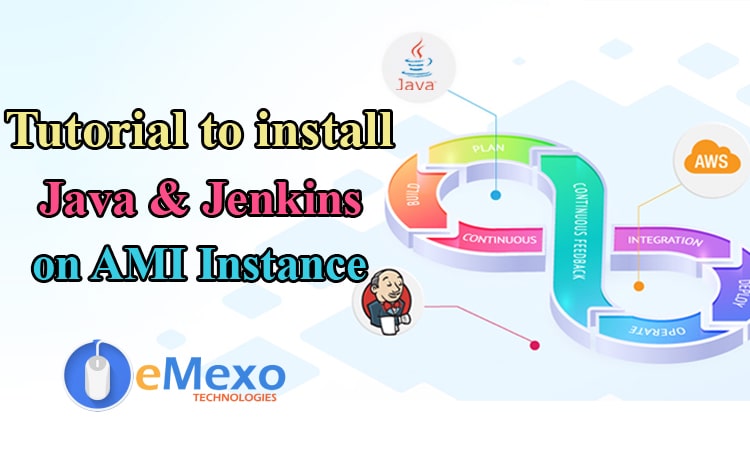
In this tutorial, We can know about the steps on how to install Java and Jenkins on AMI Instance. Let’s begin it now.
1. For new instances, update your AMI instance
| $ sudo yum update -y |
2. Java is required to install and run Jenkins. Install Java first
| $ java –version |
If your Java version is less than 1.8, you will need to upgrade to 1.8. The minimum version is 1.8.
| $ wget –no-check-certificate –no-cookies –header “Cookie: oraclelicense=accept-securebackup-cookie” |
| $ sudo yum install -y jdk-8u141-linux-x64.rpm |
Next, check the Java version.
| $ java –version |

3. Now install Jenkins
4. Update the Yum package management tool.
| $ sudo yum update –y |
5. Download the latest Jenkins code package.
| $ sudo wget -O /etc/yum.repos.d/jenkins.repo http://pkg.jenkins.io/redhat/jenkins.repo |
6. Import the key file from Jenkins-CI and allow the installation from the package.
| $ sudo rpm –import https://pkg.jenkins.io/redhat/jenkins.io.key |
7. Install Jenkins.
| $ sudo yum install jenkins -y |
8. Start Jenkins as a service.
| $ sudo service jenkins start |
9. To start the Jenkins service at boot-up, you can run.
| $ sudo chkconfig jenkins on |
10. Go to the Jenkins URL.

11. As stated on the interface, this password is located at /var/lib/jenkins/secrets/initialAdminPassword. Paste the value into the password box, then choose and continue…
Finally, we have done every process to Install Java and Jenkins on AMI instance.
